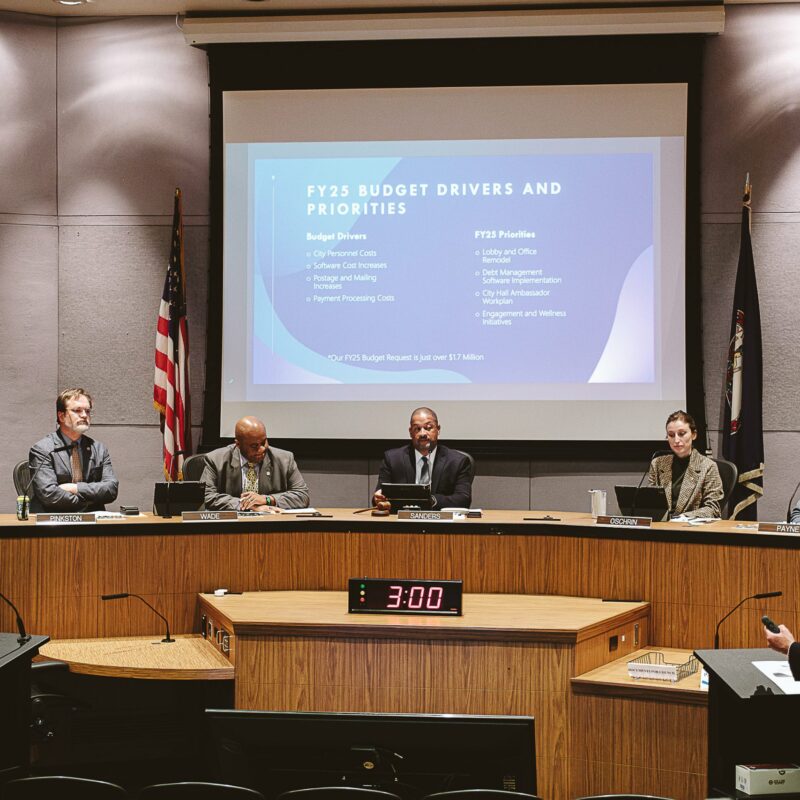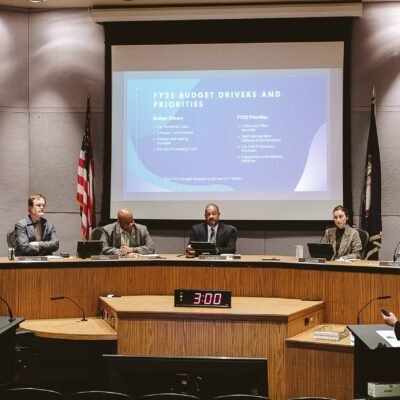Sonata Mulattica is a mixed child of sorts: half epic-like poem, half poetic series. The latest book from UVA Creative Writing professor Rita Dove falls geographically between London and Vienna, musically between Beethoven and Haydn, and historically between figures both well known and insignificant. It has not just one introduction (as all epics do) but two, and several epilogues. It also moves in chronological order, which lends the book a page-turning quality rarely found in the poetry aisle.
|
When Doves write: UVA Creative Writing professor Rita Dove expertly spans centuries, composers and races in her latest collection, Sonata Mulattica. |
The narrative is very clear, and concerns the friendship and fallout between Beethoven and his premier violinist, George Bridgetower, but there are also plenty of diversions. Sonata ducks and weaves its way through the story, narrated in turn by Haydn, Bridgetower, Beethoven, a record-keeping Mrs. Papendiek, street-performer Black Billy Waters and more.
The first voice we hear, though, is Dove herself, giving historical context. The classic and the more contemporary rub shoulders repeatedly in Sonata: There’s mention of Boyd Tinsley, MapQuest and “My Boyfriend’s Back.” Characters wandering through the early 1800s occasionally talk smack in 20th century slang. There are moments of high lyric romanticizing (“My drowsy Vienna…turning just slowly enough/ to keep the sun soft on her face”) and of parody (mostly in a short play lodged near the center of the book). We get Bridgetower whispering to a barmaid: “What time do you get off…work?” and Beethoven shouting “Philistines!”
So the struggle goes on, between the composer’s “honest emotion” and the slapstick and schmoozing of his performer. But if you need both composer and performer to bring a work to an audience, where does that leave you?
It’s a question that can’t be answered directly, but that might be found between the story’s multiple threads. And if you get lost in the streets of London or the castles of Bohemia, there are guides in the back of the book, including a nine-page timeline tracking Bridgetower’s life and surroundings. The book itself should offer something for all: love poems, lust poems, lullabies, journal entries. Words come at you in free verse, metered rhyme, villanelle and dialogue, bundled around the sly side-comment insights and more direct witticisms. In the words of the poet: “Picture a river/ pouring itself through a city,/ picking up garbage and gulls,/ …lapping and sloshing and pooling…/ that’s how we’ll be traveling…”






